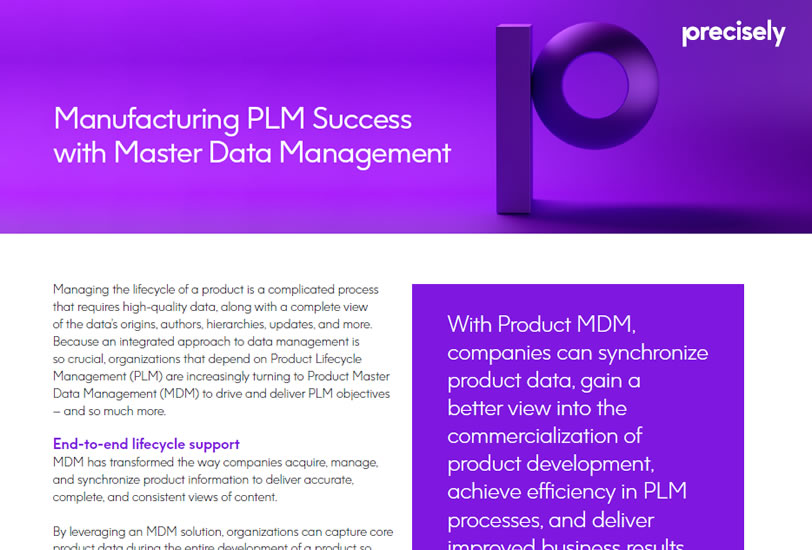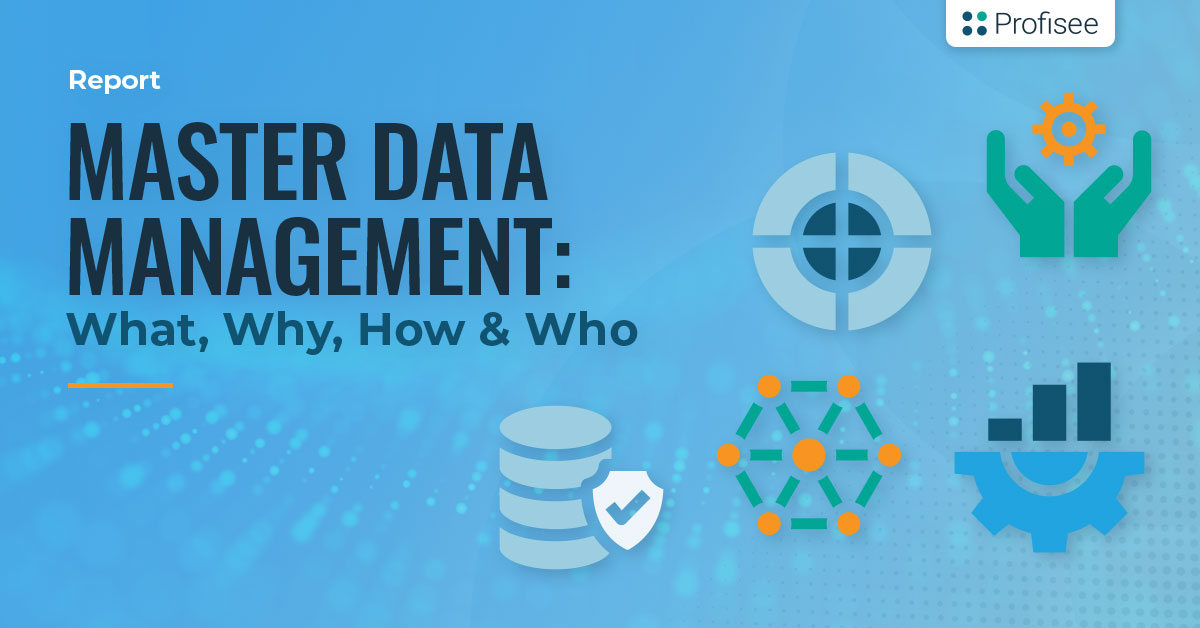Introduction
Data lifecycle management is a crucial aspect of any organization’s data management strategy. It involves the systematic management of data throughout its entire lifecycle, from creation to deletion. Efficient data lifecycle management ensures that data is properly organized, stored, and utilized, leading to improved operational efficiency and better decision-making processes.

In this blog post, we will explore the key principles and strategies for mastering data lifecycle management. We will discuss the various stages of the data lifecycle, including data creation, storage, usage, and disposal. Additionally, we will delve into the importance of data governance, security, and compliance in ensuring effective data lifecycle management.
Understanding the Data Lifecycle
The data lifecycle consists of several stages, including data creation, storage, usage, archiving, and disposal. Each stage requires careful attention to ensure data integrity, security, and accessibility. By understanding the different stages of the data lifecycle, organizations can effectively manage their data and derive maximum value from it.
Data Creation
The first stage of the data lifecycle is data creation. This involves the generation of data through various sources such as customer interactions, transactions, social media, and IoT devices. It is essential to capture and record data accurately during this stage to ensure its quality and reliability.
Data Storage
Once data is created, it needs to be stored in a secure and accessible manner. Data storage involves choosing the appropriate storage infrastructure, such as databases, data warehouses, or cloud storage solutions. Efficient data storage ensures that data is readily available for analysis and decision-making.
Data Usage
Data usage is the stage where organizations derive insights and value from their data. This involves data analysis, reporting, and visualization to gain meaningful insights and make informed decisions. Effective data usage requires the implementation of advanced analytics tools and techniques.
Data Archiving
As data grows over time, not all of it remains relevant for immediate use. Data archiving involves identifying and moving less frequently accessed data to long-term storage. Archiving helps optimize storage resources and ensures that valuable data is retained for compliance and historical purposes.
Data Disposal
Data disposal is the final stage of the data lifecycle. It involves securely deleting or destroying data that is no longer needed or has reached the end of its retention period. Proper data disposal is crucial to maintain data privacy and comply with data protection regulations.
Summary
Data lifecycle management is essential for organizations to optimize their data management processes and derive maximum value from their data assets. By implementing efficient data lifecycle management practices, organizations can improve operational efficiency, enhance data quality, and enable better decision-making.
The data lifecycle consists of several stages, starting from data creation or acquisition, followed by data storage, usage, and eventually disposal. Each stage requires careful planning and execution to ensure data integrity, accessibility, and security. Organizations must establish robust data governance frameworks to define policies, procedures, and responsibilities for managing data throughout its lifecycle.
Data security and compliance are critical considerations in data lifecycle management. Organizations must implement appropriate security measures to protect data from unauthorized access, breaches, and data loss. Compliance with relevant regulations and industry standards is also crucial to avoid legal and reputational risks.
By mastering data lifecycle management, organizations can streamline their data management processes, reduce costs, and gain a competitive edge. It enables them to harness his response the full potential of their data assets, leading to improved operational efficiency, better decision-making, and enhanced customer experiences.
- Q: What is Data Lifecycle Management (DLM)?
- A: Data Lifecycle Management is the process of managing the entire lifecycle of data, from its creation and storage to its deletion or archiving. It involves organizing, categorizing, and controlling data to ensure its availability, integrity, and security throughout its lifecycle.
- Q: Why is Data Lifecycle Management important?
- A: Data Lifecycle Management is important because it helps organizations effectively manage their data, reduce storage costs, improve data quality, ensure compliance with regulations, and enhance overall operational efficiency.
- Q: What are the key stages of Data Lifecycle Management?
- A: The key stages of Data Lifecycle Management include data creation, data storage, data usage, data archiving, and data deletion. Each stage involves specific processes and considerations to effectively manage data throughout its lifecycle.
- Q: How can Data Lifecycle Management improve efficiency?
- A: Data Lifecycle Management can improve efficiency by optimizing data storage and retrieval processes, reducing data redundancy, automating data management tasks, implementing data retention policies, and facilitating faster and more accurate decision-making based on reliable data.
- Q: What are the challenges of implementing Data Lifecycle Management?
- A: Some challenges of implementing Data Lifecycle Management include defining clear data management policies, ensuring data security and privacy, integrating data management systems, addressing data compliance requirements, and managing the costs associated with data storage and maintenance.
- Q: How can organizations ensure data security during the Data Lifecycle Management process?
- A: Organizations can ensure data security during the Data Lifecycle Management process by implementing robust access controls, encryption mechanisms, regular data backups, data monitoring and auditing, and complying with relevant data protection regulations.




